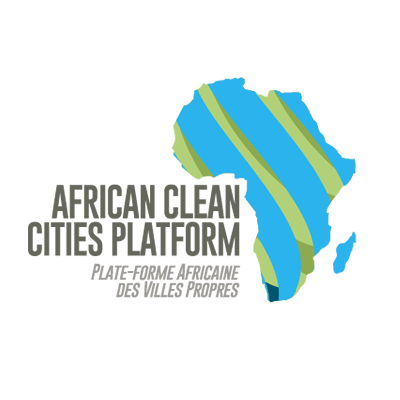Transforming Waste Management through collaboration and innovation: best practices in Calabar city [Nigeria]
Focal Point Information
Focal Point Name: Sonigitu Asibong Ekpe
Designation: Director
Organization: Cross River State, Ministry of Environment
City: Calabar Cross River State
Country: Nigeria

1. What are the good practices you want to share with the ACCP fellows?
One key foundational practice is the "I" scenarios, which encourage behavioral and attitudinal changes among urban and rural dwellers regarding waste handling.
The Commissioner for Environment, Honourable Moses John Osogi, upon assuming office, instituted a compulsory statewide monthly sanitation exercise on the last Saturday of each month. Today, this practice has been adopted across many states in Nigeria as a routine activity.
This initiative has fostered continuous collaborative partnerships with non-state actors to build a solid waste business case for waste value-chain enhancement. Grassroots engagement has been instrumental in enforcing regulations on waste collection and providing incentives for waste disposal. Funding for these activities comes from the state government, while plastic and metal waste are sorted and sent for recycling by the private sector.
We received funding from the French government through the Direction Générale du Trésor Financed by FASEP fund for a Feasibility Study for an Eco Pole in Cross River State.
Additionally, we completed a multi-sectoral investment plan supported by the World Bank Group following a study conducted under the West Africa Coastal Assessment (WACA) project.
The Prevention of Marine Litter in the Gulf of Guinea (PROTEGO) is a three-year (2024–2027) project funded by the German Federal Ministry for Environment, Nature Conservation, and Nuclear Safety and led by adelphi Research gGmbH. The project aims to reduce marine litter, particularly plastic waste, in Ghana and Nigeria through innovative pollution prevention measures. A stakeholder workshop was held on December 6, 2024.
2. What are the challenges in MSWM your city is facing today?
- Lack of technology, science, and innovation for handling municipal solid waste.
- Calabar City lacks a science popularization and environmental protection base for young people to engage in meaningful environmental practices.
- ACCP members could assist in integrating profit and public welfare, science, and development.
- Establish a youth environmental protection fund.
- Collaborate with the United Nations Environment Programme to create a global youth environmental protection practice base.
- Host an annual environmental protection theme competition week for youth, with regular activities for all age groups.
- Organize a youth environmental protection theme forum.
- Auction student-created environmental protection works.
- Facilitate environmental protection technology transfer.
- Partner with environmental protection product companies worldwide.
- Secure sponsorships from relevant companies.
- Provide naming rights for initiatives.
- Generate revenue through catering and accommodation services.
- Leverage intangible assets for sustainable funding.
3. Share your message to other members as a member of the same ACCP.
We can learn more from each other when information is freely shared. An open exchange of ideas is critical in fostering an environment where people can learn and innovate. Collaboration enables us to solve complex problems that no single person can address alone.
When we have the freedom to experiment, we can view challenges from new perspectives and explore innovative solutions. Through hands-on learning and collaboration, we can drive meaningful change and create sustainable solutions for waste management and environmental conservation.
